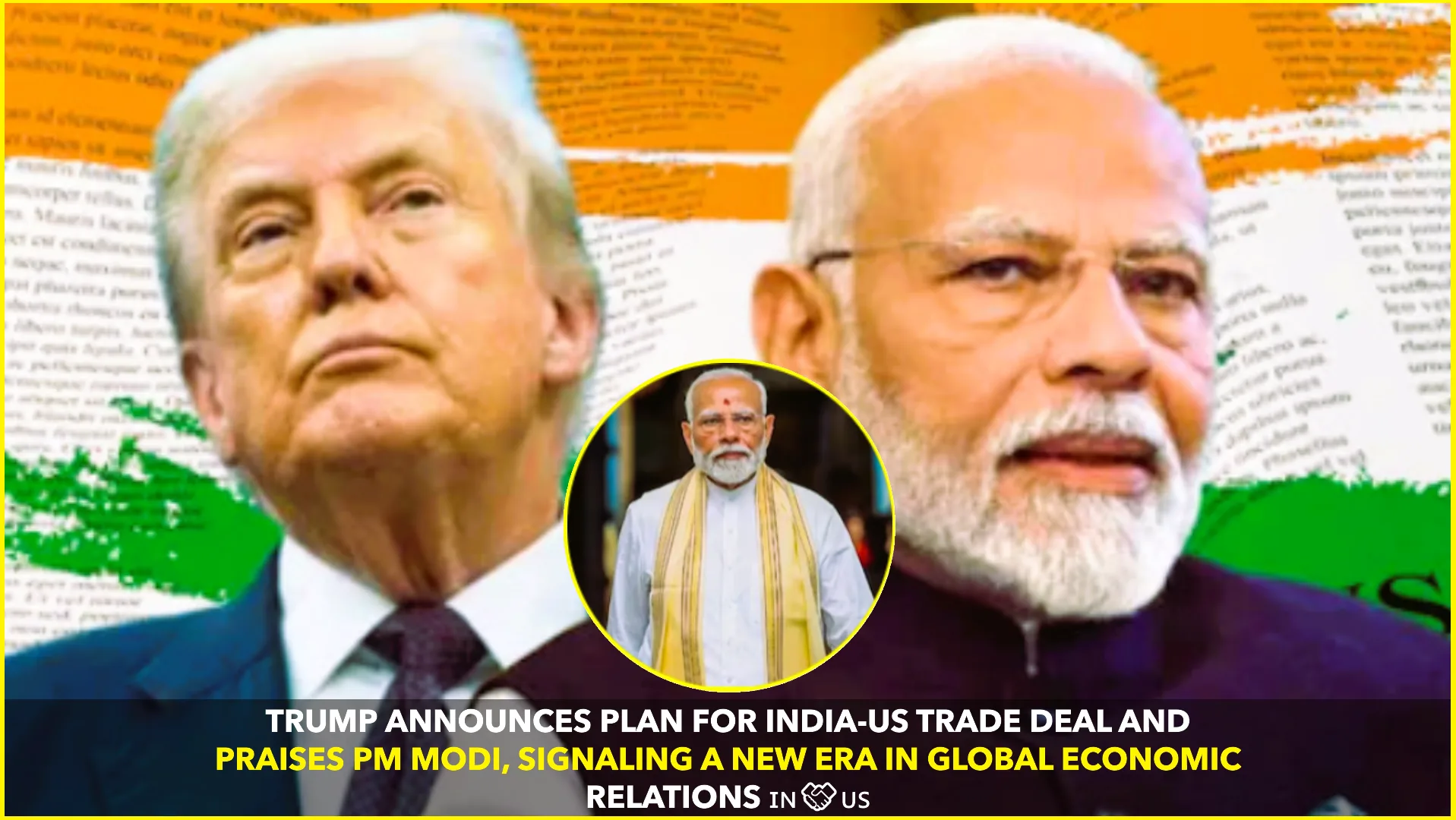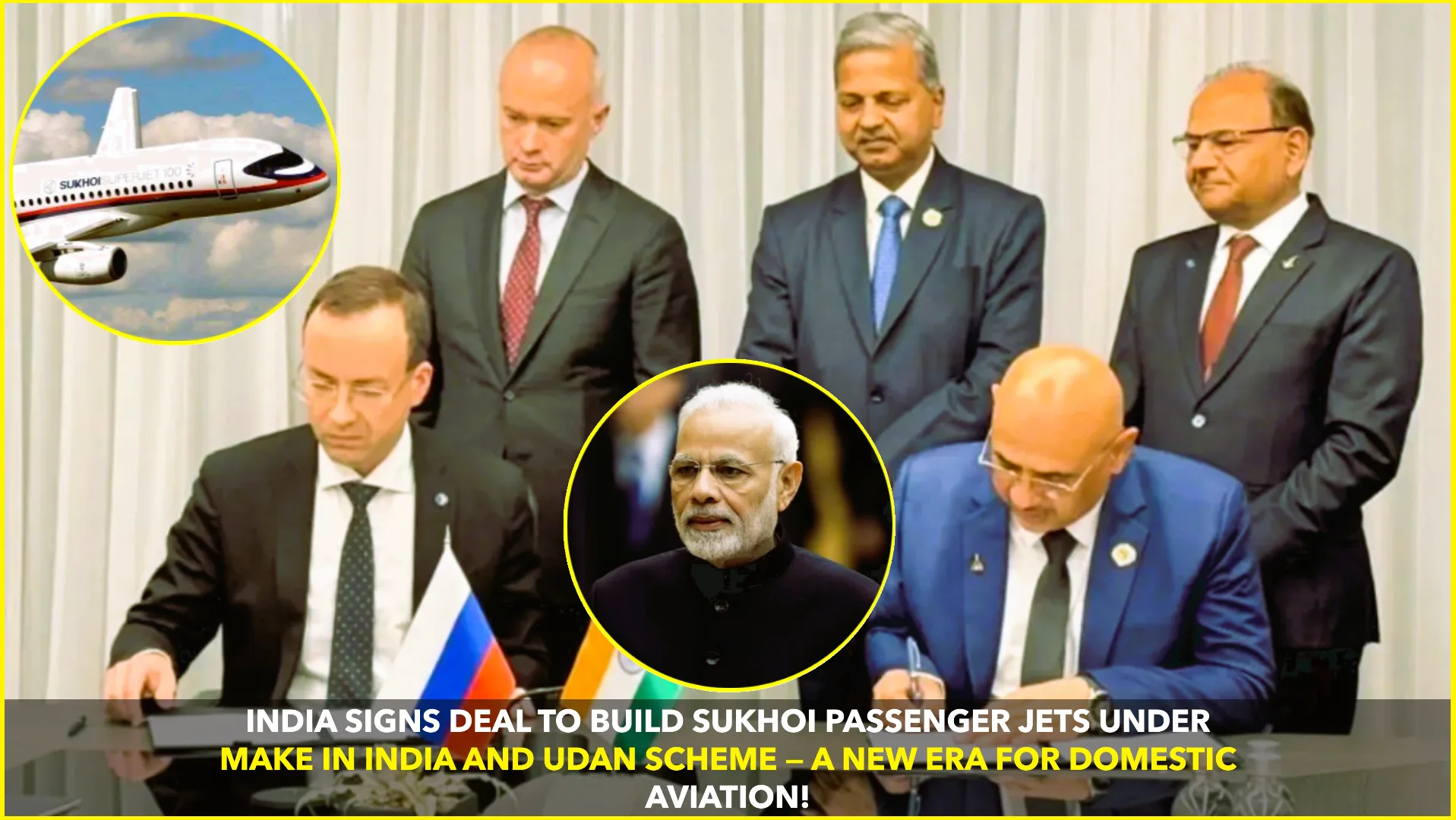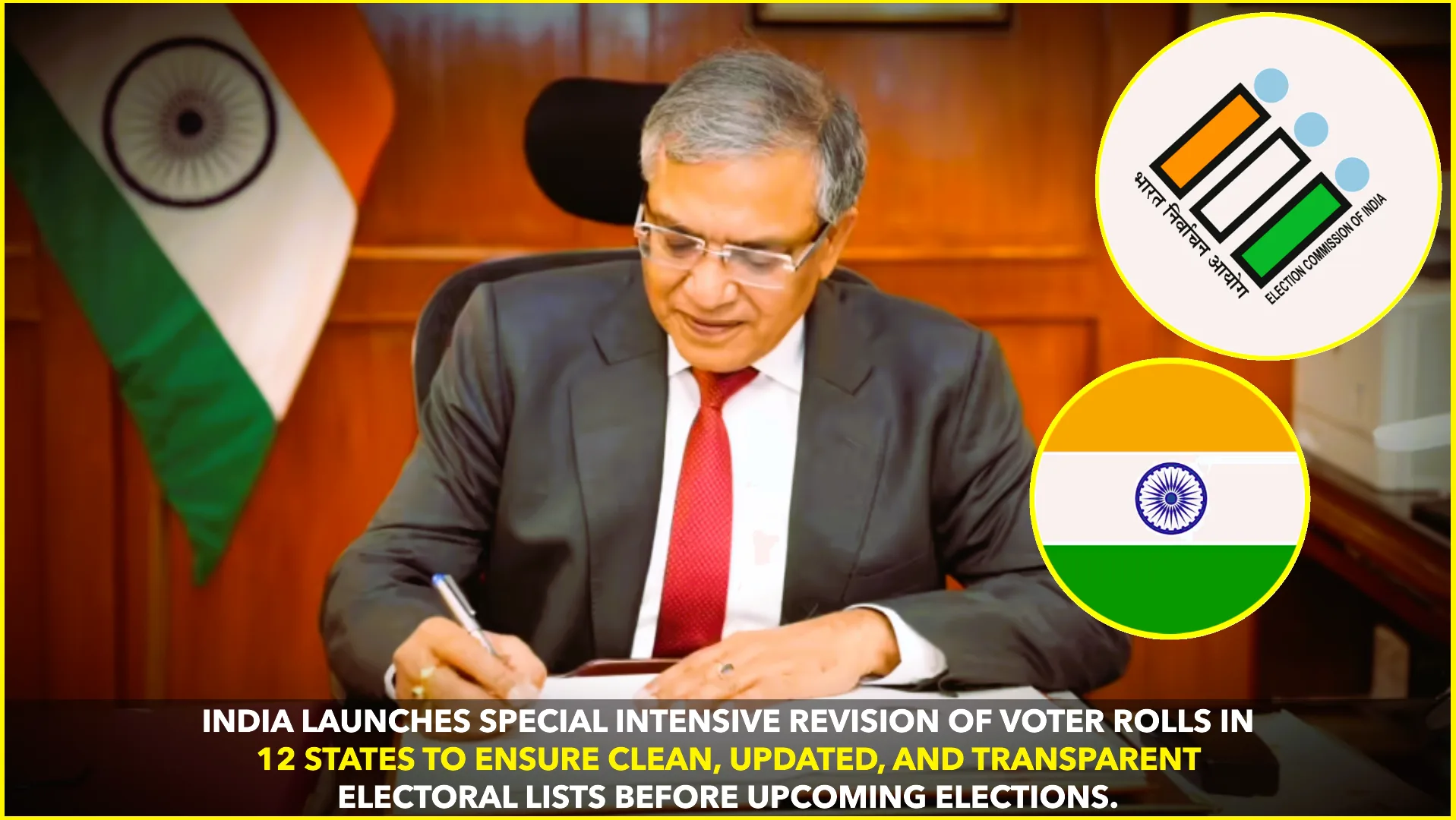Lucknow, August 28, 2025 — In a bid to protect lives on its busy roads, the Uttar Pradesh government is launching a statewide road-safety drive dubbed “No Helmet, No Fuel” from September 1 to 30. Under this initiative, two-wheeler riders who show up at petrol pumps without helmets will be denied fuel. Rather than acting as a punitive measure, the campaign aims to gently nudge riders into safer habits. The Times of IndiaThe Indian ExpressThe New Indian Express
Coordinated effort under district leadership
Implementation will be led by district magistrates and coordinated through District Road Safety Committees (DRSCs), bringing together police, transport, revenue, and district administration teams. This ensures a unified, multi-agency push to enforce helmet use across the state. The Times of IndiaThe StatesmanThe New Indian Express
Legal basis and encouragement, not punishment
The campaign rests on clear legal footing—Section 129 of the Motor Vehicles Act, 1988 mandates helmets for both riders and pillion passengers, while Section 194D specifies penalties for non-compliance. The Supreme Court’s Road Safety Committee has also recommended that states prioritize helmet adherence, underscoring the rationale for such campaigns.
Transport Commissioner Brajesh Narayan Singh emphasizes that this is not meant to punish riders but to encourage safer behavior. “Make ‘helmet first, fuel later’ a rule—because wearing a helmet is the simplest life insurance,” he said. The Indian ExpressThe Times of India+1
Building on past success
This isn’t the state’s first attempt at leveraging fuel stations to enforce helmet norms. A similar campaign in January reportedly made a real difference—many riders began arriving at pumps wearing helmets, signaling a shift in behavior rooted in safety awareness rather than legal fear. The Times of India
Officials are optimistic that behaviors observed in January can be repeated—and even scaled up—statewide during this September campaign.
Operational coordination and public awareness
To ensure smooth execution, the Food and Civil Supplies Department will monitor fuel station adherence, while the Information and Public Relations Department will lead public outreach. Oil marketing companies like IOCL, BPCL, and HPCL, along with all petrol pump operators, have been asked to cooperate—clearly, safety is meant to be a shared mission. The New Indian ExpressThe Times of IndiaThe Statesman
Not just policy—public safety in focus
Two-wheelers make up a large share of road accidents in Uttar Pradesh, often involving younger riders who are more likely to neglect helmets. The “No Helmet, No Fuel” campaign targets this critical risk factor in a practical, attention-grabbing way—leveraging the everyday act of refueling to reinforce safety habits. The Times of IndiaNavbharat Times
Adding check-points at petrol pumps combines enforcement with daily life, helping the rule stick by making helmet use part of routine. Participants likely won’t perceive the approach as draconian—but as a helpful reminder to protect themselves.
What’s next—and why it matters
As September draws near, district officials are ramping up preparations. Awareness messages, pump-side signage, and media outreach are all part of the rollout. The core message is simple: no helmet, no fuel. Yet that simplicity carries impact—a reminder that small compliance steps can make a big difference.
If successful, the drive could serve as a model for other states grappling with road fatalities. More immediately, thousands of two-wheeler riders may develop better habits—reducing serious injuries and deaths.
In summary
- What’s happening: A statewide “No Helmet, No Fuel” campaign in Uttar Pradesh from September 1–30.
- Why it matters: Helmet use can dramatically cut head injuries, and refueling denial encourages compliance.
- Who’s involved: District magistrates, DRSCs, police, transport, revenue, civilians, and fuel providers.
- Goal: Save lives by making helmet-wearing routine and non-negotiable—even before you get fuel.
By linking helmet use to fuel access, the UP government is sending a clear, everyday message: safety comes first. And sometimes, saving lives just takes a small shift in routine.










